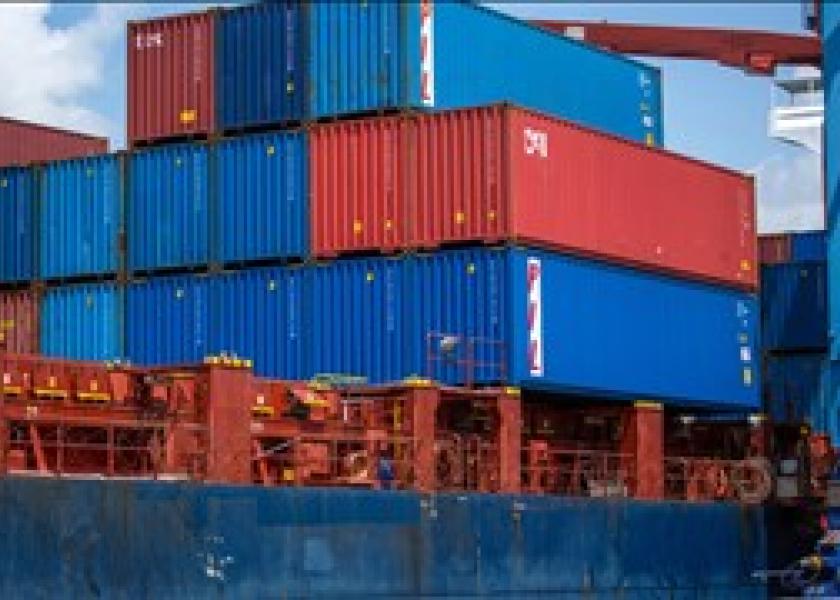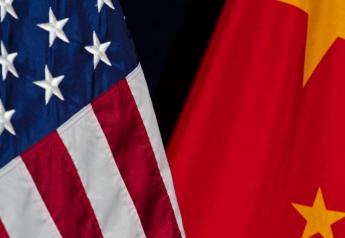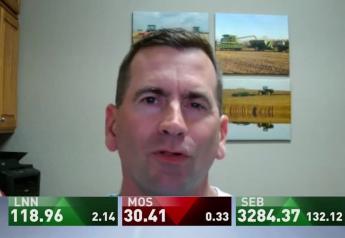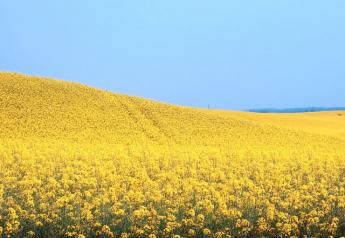Coronavirus: “Profound Impacts” On Fertilizer and Crop Protection

The ripple effect of the Coronavirus in China is being reported in the supply of active ingredients and fertilizers. Exactly what amount of the supplies and for how long are the biggest questions left to be answered.
“First of all, this is very dynamic and is fairly unprecedented,” says Samuel Taylor, vice president of farm input analysis at Robobank. “What we do know is that the production of many the macronutrients and also the active ingredients for ag inputs is heavily concentrated to China. So what happens in China will have profound effects in the short term for sure.”
He provides an example in Chinese phosphate production. Hubei province accounts for about 14.7 million metric tons of finished phosphate production and has about 60% of their plants out of production currently. The other 40% are running in various states of capacity. Samuel says the effects will be felt at least through March because of the reduced production and the logistical concerns.
He says nitrogen and potash are different because China is an importer of ammonia and the country has record inventories of potash on the coast of China.
However, Samuel encourages the industry to watch the dynamics surrounding crop protection ingredients and its Chinese supply.
“The longer this goes on, the more you’re likely to see some price increases from in the ag chem sphere,” Samuel says.
Its these dynamics that have the industry’s attention, according to National Corn Growers Association CEO Jon Doggett. He’s says the crop protection companies are starting to see disruption in the supply chain, and the biggest question he has is how long the disruption may last.
“If you can't get the ingredients to put together to make your chemical, we're gonna have a problem. Now we're not there yet. But where are we with coronavirus–Are we in the beginning? Are we in the middle? Are we kind of tapering off towards the end? The days and weeks ahead will tell us.”
Lynn Justesen, Technical Services Lead Row Crop at UPL, says the coronavirus quarantines have added additional vulnerabilities for crop protection companies sourcing from China. And anticipating the unknown is something they are trying to prepare for.
“There are AIs that are backed up on when they are going to be manufactured because of the Coronavirus is so widespread and they are quarantining plants for two weeks,” he says.
He shares that two week shut downs are in reality longer than that to get factories back online. Additionally, transportation, logistics, and customs could add delays.
Timing is particularly on retailers and farmers minds as the 2020 crop season is approaching.
Justesen says that UPL is preparing for how they can shift priorities when any delayed active ingredients are received so that their finishing factories can respond timely to product demand.
“With owning our own plants, if that (an ingredient) does come in two or three weeks later, it’s not a problem,” he says. “We can shove it to the front of line because that's important to us.”







